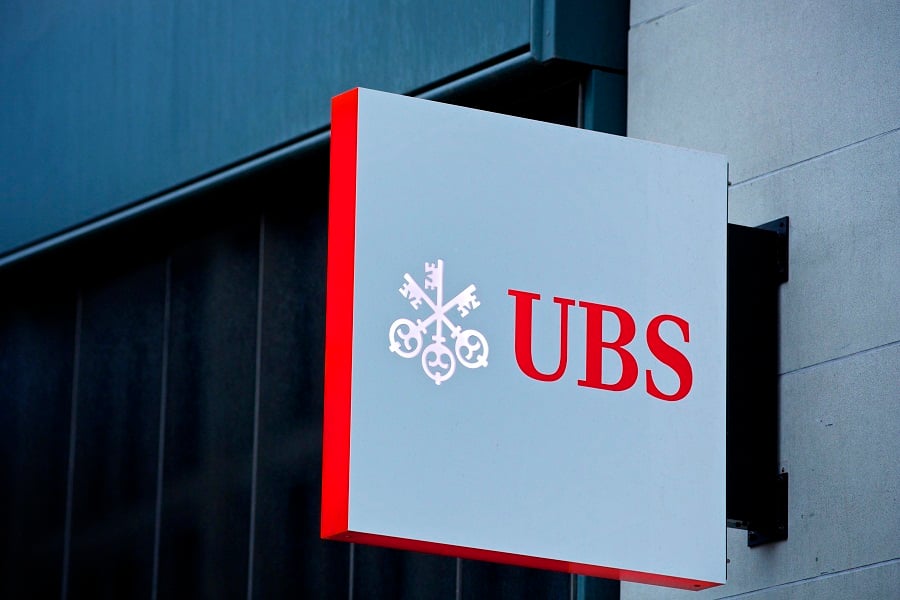

Although UBS recently lost its biggest arbitration case centering on a complex options strategy, it’s not clear whether the firm is ready to settle with other investors who have brought claims.
Earlier this month, a unanimous three-person Finra arbitration panel ordered UBS Financial Services Inc. to pay a retired Florida couple $5.2 million after finding the firm liable for losses the couple incurred when they invested in the Yield Enhancement Strategy, according to the Sept. 16 award.
The YES approach involved borrowing against an existing portfolio to purchase and sell S&P 500 options. It was meant to generate increased returns during periods of low market volatility but could produce losses in turbulent markets.
More than three dozen YES investors have filed Finra arbitration claims. So far, about half of the decisions have gone to investors in the form of an award, while half have favored UBS with a dismissal.
“It’s hard to tell how many hits UBS can take without trying to settle these [claims] in mass,” said Andrew Stoltmann, a Chicago securities attorney. “It’s reputation death by a thousand cuts. It’s not the sort of publicity the firm wants.”
Stefan Apotheker has successfully represented investors in YES arbitration claims and has more than a dozen cases in the pipeline. He doubts the latest UBS loss will bring the firm to the negotiating table.
“At this time, I do not anticipate that,” said Apotheker, a trial attorney at Erez Law. “We are not seeing any interest in a global resolution.”
A spokesperson for UBS declined to comment.
Attorneys who have won and lost YES cases say it’s impossible to know for sure why Financial Industry Regulatory Authority Inc. arbitrators ruled the way they did because they rarely outline their reasoning in the decisions.
UBS likely is assessing what details it can glean about the cases it’s lost in arbitration, Stoltmann said. It’s looking at characteristics such as where the case was heard, the net worth of the claimant and the concentration of YES in the claimants’ portfolio.
“I think UBS is trying to figure out a settlement matrix, which is common in these product cases,” he said. “They want to see which claimants are winning and which are losing or getting less in compensation. Every case rises and falls on the individual investor’s profile. I think that’s what UBS is looking at very closely.”
The most recent investors to beat UBS are George and Sandra Schussel, a retired couple living in Key West, Florida. They invested in YES in 2016 and held their position until early 2019, losing about $5 million, according to one of their attorneys, Ross Intelisano.
“It was a great victory,” said Intelisano, a partner at Rich Intelisano & Katz. “We had a very credible client. We really pressed the breach of fiduciary duty, and we think that carried the day.”
Intelisano, who has a couple more YES cases headed for Finra arbitration, likes the trend he’s seeing.
“The investors have been doing better recently,” Intelisano said.
UBS did reach a YES settlement with the Securities and Exchange Commission this summer. But the litigation road ahead may be a long one.
Stoltmann represented clients in many arbitration claims against Morgan Keegan over bond mutual funds that collapsed in 2008. The firm fought about 75 cases in arbitration before reaching a broad settlement with investors.
“We’re probably in inning seven or eight right now of a nine-inning ballgame,” Stoltmann said of the UBS YES litigation.

Relationships are key to our business but advisors are often slow to engage in specific activities designed to foster them.

Whichever path you go down, act now while you're still in control.

Pro-bitcoin professionals, however, say the cryptocurrency has ushered in change.

“LPL has evolved significantly over the last decade and still wants to scale up,” says one industry executive.

Survey findings from the Nationwide Retirement Institute offers pearls of planning wisdom from 60- to 65-year-olds, as well as insights into concerns.
Streamline your outreach with Aidentified's AI-driven solutions
This season’s market volatility: Positioning for rate relief, income growth and the AI rebound
